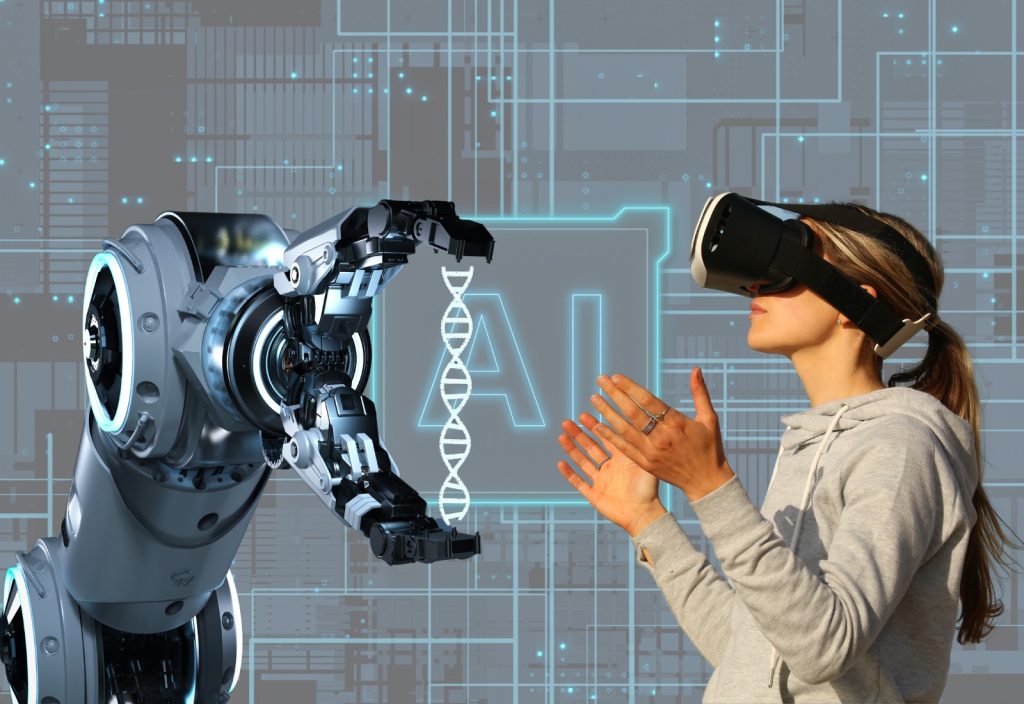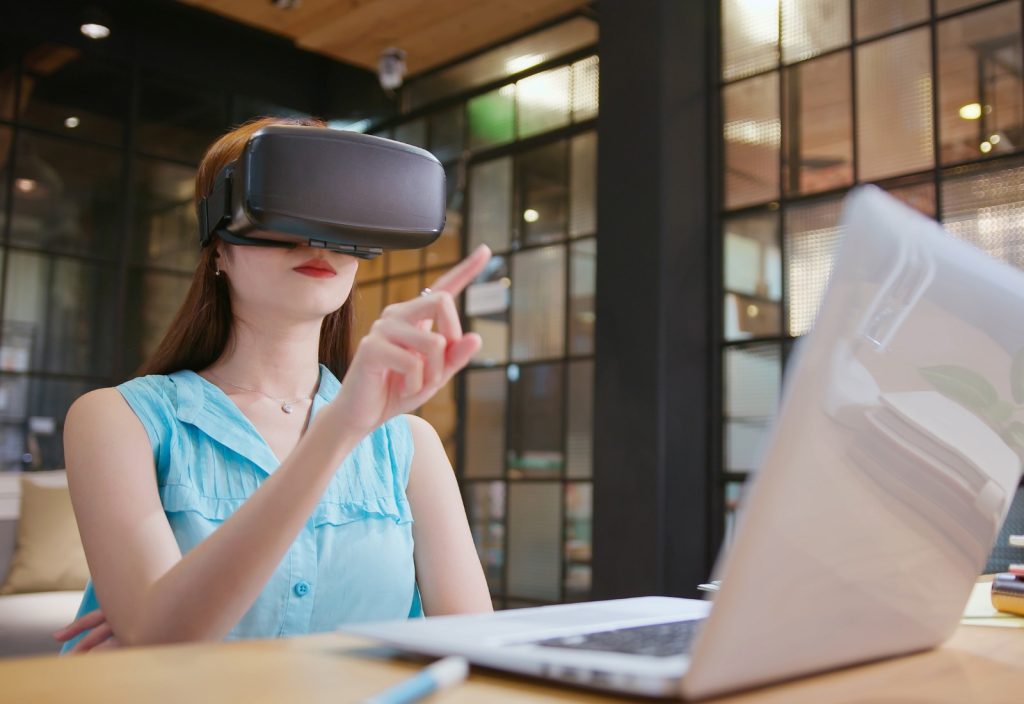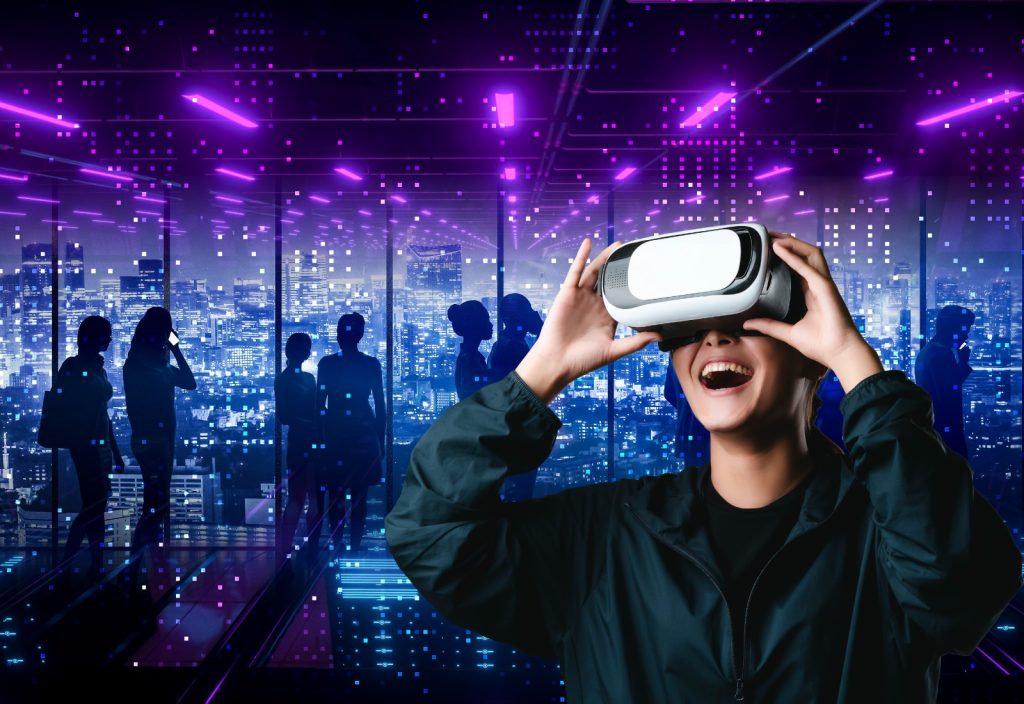One potential technology topic that could emerge in 2023 is the intersection of Artificial Intelligence (AI) and Augmented Reality (AR) in various industries, such as manufacturing, healthcare, education, and entertainment.
AI-powered AR systems could revolutionize manufacturing by enabling real-time quality control, reducing waste, and improving efficiency. Workers could wear AR glasses that use AI algorithms to detect defects and provide instructions on how to fix them. This could potentially reduce the need for manual inspections and speed up the manufacturing process.

In healthcare, AI-powered AR systems could assist with surgery and medical procedures. Surgeons could wear AR glasses that display real-time information about a patient’s anatomy, helping them to navigate complex procedures with greater accuracy. AI algorithms could also analyze patient data to provide personalized treatment recommendations.

In education, AI-powered AR systems could provide immersive learning experiences that engage students and improve learning outcomes. For example, students could use AR glasses to explore historical sites or practice language skills by interacting with virtual environments. AI algorithms could analyze student data to provide personalized learning recommendations.

In entertainment, AI-powered AR systems could create new forms of immersive storytelling. For example, filmmakers could use AI algorithms to create interactive narratives that respond to a viewer’s emotions and preferences. AR glasses could also be used to create interactive gaming experiences that combine real-world environments with virtual elements.
Overall, the intersection of AI and AR has the potential to transform various industries by creating new opportunities for innovation and efficiency. As the technology continues to evolve, we can expect to see more use cases emerge in the years ahead.
Follow us on Social-media

